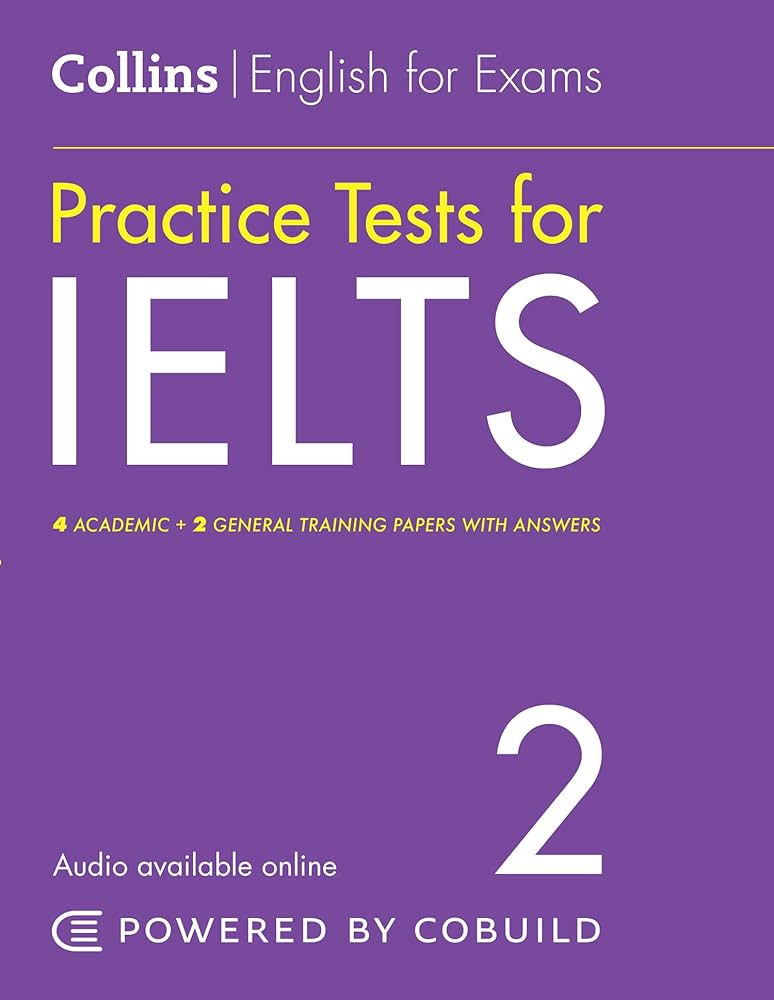Ielts Practice Tests, The International English Language Testing System (IELTS) is a globally recognized exam designed to assess the English proficiency of non-native speakers. Whether you’re aiming to study abroad, immigrate, or pursue a professional career in an English-speaking country, achieving a high IELTS score can significantly influence your prospects. One of the most effective strategies for excelling in the exam is consistent and structured preparation using IELTS practice tests.
What Are IELTS Practice Tests?
IELTS practice tests are mock versions of the actual IELTS exam. These tests are designed to replicate the format, question types, and difficulty level of the real exam. They typically cover all four modules of the IELTS test: Listening, Reading, Writing, and Speaking. By working through these practice tests, candidates can gain a clear understanding of what to expect on test day.
Benefits of IELTS Practice Tests
1. Familiarity with Test Format
IELTS practice tests help candidates become comfortable with the structure and timing of each section. Knowing what to expect can greatly reduce anxiety and improve performance.
2. Identifying Strengths and Weaknesses
Taking regular practice tests enables test-takers to pinpoint areas where they excel and areas that need improvement. This allows for targeted studying and more efficient use of time.
3. Time Management Skills
The IELTS is a timed exam. Practice tests train candidates to manage their time effectively, ensuring they complete each section within the allotted time.
4. Improving Accuracy and Speed
Repeated exposure to IELTS-style questions improves both accuracy and speed. This is especially important in the Reading and Listening sections, where quick thinking is crucial.
5. Building Confidence
The more familiar you are with the test format and question types, the more confident you’ll feel on the actual test day. Confidence often translates into better scores.
Tips for Using IELTS Practice Tests Effectively
- Simulate Real Test Conditions: Take the test in a quiet environment and adhere strictly to time limits to replicate real exam conditions.
- Review and Analyze Mistakes: Don’t just take the tests—study your errors. Understanding why an answer is wrong is key to improvement.
- Use Official Materials: Rely on practice tests from reputable sources, such as the British Council, IDP, or Cambridge, to ensure accuracy and relevance.
- Track Your Progress: Keep a log of your scores and the areas you struggle with to monitor improvement over time.
- Incorporate All Four Skills: Make sure your practice includes Listening, Reading, Writing, and Speaking to develop comprehensive language proficiency.
Where to Find Quality IELTS Practice Tests
There are numerous resources available online and in print that offer high-quality IELTS practice tests. Some of the most trusted sources include:
- The British Council website
- Cambridge IELTS books (with accompanying audio)
- IELTS.org
- Mobile apps and online platforms like IELTS Liz, IELTS Buddy, and Magoosh
Final Thoughts
Success in the IELTS exam doesn’t happen overnight. It requires dedication, strategy, and the right tools. IELTS practice tests are among the most valuable resources for any test-taker. They not only enhance your understanding of the exam but also empower you with the confidence and skills needed to achieve your desired score. Start integrating practice tests into your study routine today and take one step closer to your goals.
You Might Also Like These:

